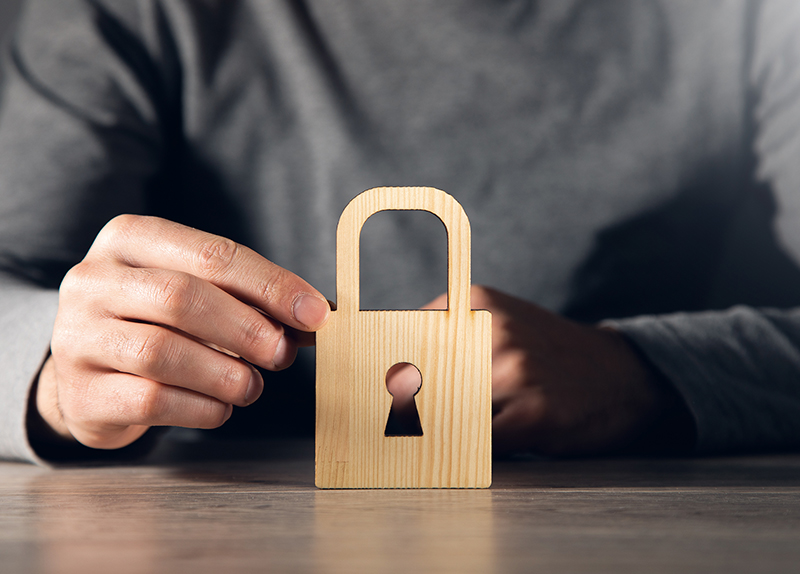 What’s This About?
What’s This About?As reporters turn videos and social media posts featuring everyday people into news stories with sensationalist headlines, there have been increasing concerns about the media infringing on people’s privacy. Individuals may be thrust into the public eye without consent, facing unwanted attention and potential harm. But since privacy and press freedom are both fundamental human rights, the debate arises: which should society prioritize?
Constructive
Pro Finn
I firmly advocate prioritizing the right to privacy as it is the cornerstone of individual autonomy and dignity. In an era where technology has made surveillance ubiquitous, protecting privacy is paramount to safeguarding our democratic values. Without the freedom and personal space ensured by privacy, individuals may hesitate to express dissenting opinions or engage in controversial discussions, stifling the diversity of thought essential for a vibrant democracy. In addition, privacy is crucial for maintaining trust in interpersonal relationships, whether familial, professional, or romantic. A society without privacy breeds paranoia and mistrust, which, in turn, would erode the very fabric of social cohesion. Thus, we must recognize that the right to privacy is not merely a luxury but a fundamental human right that must be upheld and protected at all costs.
Con Alice
Freedom of the press must always precede the right to privacy. Preserving press freedom is integral to upholding the collective principles of democracy and human rights as a check on abuses of power, holding governments and institutions accountable to the public they serve. It protects journalists so they can report on issues without facing threats, coercion, or physical harm. A society cannot be considered democratic without robust and independent media to provide citizens with essential information to scrutinize their leaders. It is indispensable for fostering transparent governance and ensuring the public remains informed. And while privacy is undoubtedly important, it is not an absolute right. There are times when the public interest outweighs an individual’s right to privacy, especially when national security or systemic injustice is at stake.
Rebuttal
Pro Finn
Protecting individuals’ privacy does not mean stifling journalistic endeavors but promoting responsible reporting that respects the dignity and rights of those involved. Journalists can still fulfill their duty to inform the public without using invasive tactics or violating individuals’ privacy rights. In fact, by upholding privacy standards and giving individuals control over their information and its dissemination, the press can enhance its credibility and trustworthiness and foster a healthier relationship with the public. Ordinary people should be allowed to live free from public scrutiny, particularly when they aren’t even engaging in illegal or harmful behavior, to avoid the risks of becoming a target of stalking or harassment. In this age of digital surveillance and data breaches, respecting privacy will thus encourage trust in journalistic institutions and the broader democratic process.
Con Alice
Journalists should be free to report on any topic, provided they are not promoting unethical behavior. In addition to the fact that journalists play a vital role in exposing injustice and amplifying marginalized voices, the press, as a business, should have the autonomy to cater to audience interests to remain viable. And while I agree that privacy and press freedom are not mutually exclusive, there are inevitably situations where they come into conflict. In such cases, the public interest must prevail. Consider cases of whistleblowers exposing government misconduct or journalists uncovering corporate malfeasance. In these instances, protecting privacy rights may hinder the press’ ability to fulfill its crucial role as a watchdog. Individuals’ right to privacy cannot be a blanket justification to shield wrongdoing or suppress vital public disclosures.
Judge’s Comments
Privacy and freedom of the press are indispensable pillars of democracy. Though they are not incompatible, there are inevitably situations where they come into conflict. When they do, one must consider the implications of both choices before prioritizing one over the other. In your opinion, which should take priority?